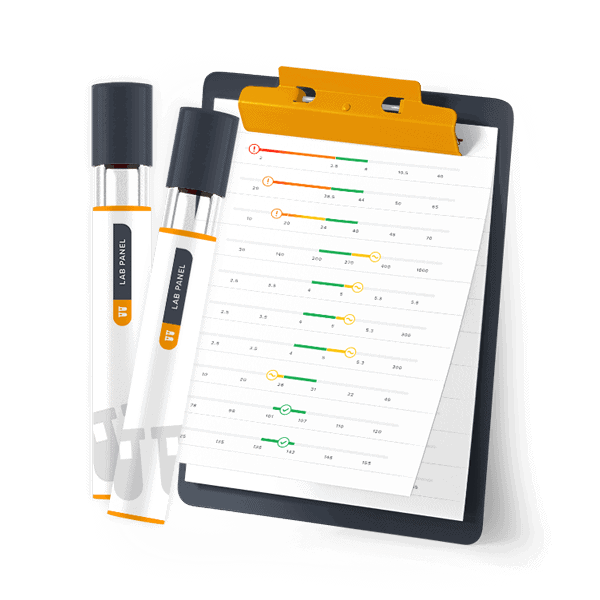Prolactin
During pregnancy and postpartum lactation, serum prolactin can increase 10- to 20-fold. Exercise, stress, and sleep also cause transient increases in prolactin levels. Consistently elevated serum prolactin levels (>30 ng/mL), in the absence of pregnancy and postpartum lactation, are indicative of hyperprolactinemia. Hypersecretion of prolactin can be caused by pituitary adenomas, hypothalamic disease, breast or chest wall stimulation, renal failure or hypothyroidism. A number of drugs, including many antidepressants, are also common causes of abnormally elevated prolactin levels. Hyperprolactinemia often results in galactorrhea, amenorrhea, and infertility in females, and in impotence and hypogonadism in males. Renal failure, hypothyroidism, and prolactin-secreting pituitary adenomas are also common causes of abnormally elevated prolactin levels.
$55.00Price for members $27.50
Preparation: Overnight fasting is preferred. Please do not exercise prior to testing. It is best that your blood is taken in a rested state.
